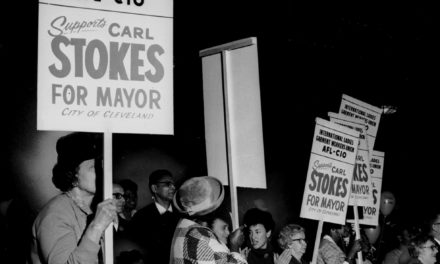Cleveland History
- March 18, 1837: The city of Cleveland was incorporated, marking its transition from a village to a city and setting the stage for rapid growth and development in the following decades.
- March 19, 1895: The founding of the Cleveland Orchestra, one of the major orchestras in the United States, was proposed, laying the groundwork for its first concert in 1918 and its enduring legacy in the classical music world.
- March 20, 1965: The Cleveland Transit System officially opened the Red Line, the city’s first rapid transit line, enhancing public transportation options and connectivity in the region.
- March 22, 1933: The “Great Flood of 1933” affected Northeast Ohio, including Cleveland, leading to significant damage and prompting changes in flood management and urban planning in the area.
- March 24, 1952: Cleveland’s WEWS-TV, one of the first television stations in Ohio, began broadcasting, marking a significant development in the media landscape of Northeast Ohio.
World History
- March 18, 1965: Soviet cosmonaut Alexei Leonov became the first person to conduct a spacewalk, exiting the spacecraft Voskhod 2 for 12 minutes and becoming the first human to be in open space.
- March 19, 2003: The United States, along with coalition forces, began the invasion of Iraq, an event that led to the toppling of Saddam Hussein’s regime and had long-lasting effects on global politics.
- March 20, 1995: The Tokyo subway sarin attack was carried out by members of the cult Aum Shinrikyo, leading to 13 deaths and affecting thousands of others, which highlighted the threat of domestic terrorism and the use of chemical weapons in a public setting.
- March 21, 1960: The Sharpeville massacre occurred in South Africa, where police opened fire on a crowd of black protesters against the pass laws, killing 69 people and wounding over 180, sparking international outrage and becoming a pivotal moment in the fight against apartheid.
- March 24, 1989: The Exxon Valdez oil spill occurred in Prince William Sound, Alaska, one of the largest environmental disasters in U.S. history, spilling millions of gallons of crude oil and affecting vast areas of the ocean and coast, leading to significant changes in oil industry regulations and environmental policies.






